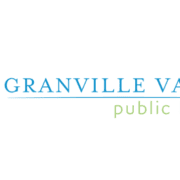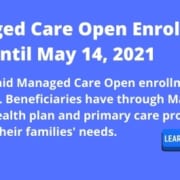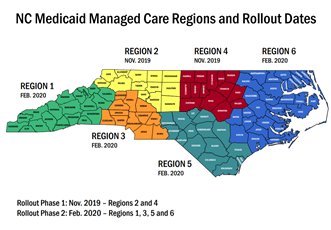The Local Skinny! Gov. Stein Signs ‘Mini-Budget’ Supporting Medicaid
Gov. Josh Stein signed a “mini budget” on Wednesday that state lawmakers passed that includes some stopgap spending measures, one of which includes supporting Medicaid.
N.C. District 32 Rep. Bryan Cohn has stated the importance of informing his constituents how the recently passed federal legislation – the “One Big Beautiful Bill Act” – will affect and impact local health care.
“Regardless of political positions, the factual consequences of this bill are significant and concerning, especially for residents relying on Medicaid,” Cohn said in a press statement.
“Granville and Vance counties have approximately 41,000 residents enrolled in Medicaid, with over 6,800 gaining coverage through recent Medicaid expansion,” Cohn said. “The reduction in federal funds directly threatens this expansion, potentially leaving thousands of local residents uninsured.”
According to Cohn, North Carolina faces nearly $40 billion in federal Medicaid cuts over the next decade. This funding currently supports essential healthcare services, especially through State Directed Payments that are critical for maintaining rural hospitals and health centers.
Cohn said local hospitals, clinics, nursing homes and urgent care facilities rely on Medicaid reimbursements to operate. “With substantial funding cuts, our providers may be forced to reduce services, lay off staff, or in some cases, close entirely. This will inevitably affect healthcare accessibility and quality across our community,” he said.
Additionally, as major employers and economic drivers in Granville and Vance counties, Cohn said healthcare facilities could see funding reductions that could spell broader economic repercussions, potentially impacting local jobs and economic stability.
The mini budget includes $600 million to support both the Medicaid rebase and the Medicaid Oversight Fund, according to a statement from the N.C. Dept. of Health and Human Services. “However, this appropriation equates to a shortfall of $319 million for the Medicaid rebase. Despite careful efforts by NCDHHS to avoid disruptions to service, fully funding the rebase is necessary to maintain the current level of care across the state. To remain within budget, NCDHHS now has two options to address a shortfall from an insufficient rebase; reduce optional services and/or reduce provider rates,” according to the NCDHHS statement.
The bill introduces new eligibility conditions, including work requirements slated to begin in late 2026. This could complicate healthcare access for many residents already facing economic hardships, Cohn noted.
“While the political debates surrounding this legislation will continue, our community must understand the tangible impacts these changes will bring. I encourage residents and community leaders to engage actively in dialogue and preparations to manage and mitigate these upcoming challenges,” Cohn said.
Upon signing the bill, Stein made the following statement: “This Band-Aid budget fails to invest in our teachers and students, fails to keep families safe, fails to value hardworking state employees, and fails to fully fund health care. With federal cuts on the horizon, the legislature’s forced $319 million cut to Medicaid will be particularly painful. Despite these serious reservations, I am signing this bill into law because it keeps the lights on.
“We have so much going for us here in North Carolina, but we cannot just rest on our laurels, do the bare minimum, and expect to continue to thrive. The General Assembly needs to get serious about investing in the people who make this state great.”
Here’s a statement from NCDHHS Secretary Dev Sangvai:
“More than three million people in North Carolina depend on Medicaid for comprehensive care that is life-changing and in many cases lifesaving. Underfunding NC Medicaid now after years of building a nationally recognized program that delivers real outcomes for the people we serve is a serious setback. The forced cuts from the budget shortfall threaten care for those who need it most and include some of North Carolina’s most vulnerable populations.
Over time, the combination of underfunding, the loss of key initiatives like the Healthy Opportunities Pilots, and administrative budget shortfalls risks a fundamental erosion of the NC Medicaid program.
Despite these challenges, the mission of the North Carolina Department of Health and Human Services remains unchanged – we will continue to work to improve the health and well-being of all North Carolinians. We will continue the essential work that NCDHHS does every day with determination, compassion, and a focus on the people we serve.”
CLICK PLAY!





 The success of phase one of Medicaid transformation is tied to funding in the 2019-21 budget. As Republicans target DHHS and shut down budget negotiations over Medicaid expansion, they are also putting North Carolina’s current Medicaid patients at risk.
The success of phase one of Medicaid transformation is tied to funding in the 2019-21 budget. As Republicans target DHHS and shut down budget negotiations over Medicaid expansion, they are also putting North Carolina’s current Medicaid patients at risk.